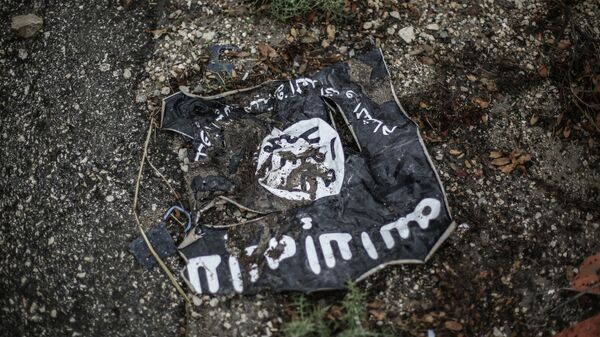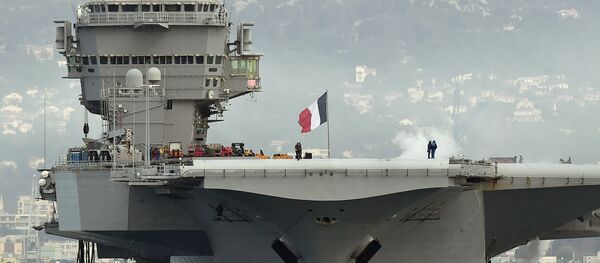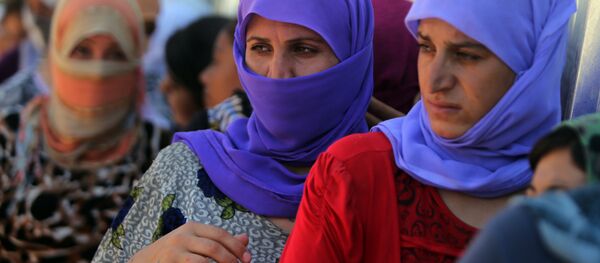Several business partners of French sugar giant Tereos filed a complaint on Tuesday, accusing the company of supplying sorbitol to Syria that was allegedly used by Daesh* terrorists to manufacture weapons, AFP reported, citing the plaintiffs' lawyer.
READ MORE: ‘Impossible’ Ex-French FM Was Unaware of Firm’s Daesh Links in Syria — Analyst
According to documents from the anti-terror prosecutor’s office, the complaint was filed for “acts of terrorism and complicity in acts of terrorism”, although Tereos has vehemently denied the accusations.
The plaintiffs have claimed that the sugar giant had vowed to halt deliveries to conflict zones after Conflict Armament Research, an EU-mandated UK-based NGO, discovered dozens of the company’s sorbitol-laden bags in a Daesh warehouse after the liberation of Mosul, Iraq in 2016.
According to AFP, after the NGO confronted Tereos over its findings, the company acknowledged that some 45 tonnes of French-produced sorbitol had disappeared in Turkey in May 2015 and resurfaced a year later in Daesh basements in Syria.
After the information was made public in December 2017, Tereos officially assured the public that it had "suspended its sorbitol supplies to so-called high-risk areas” shortly after the Mosul discovery.
READ MORE: French Court to Decide Whether French Firm Funding Daesh Was an 'Emergency'
However, the plaintiffs alleged that an internal company probe has shown that two more large deliveries were made to Syria in February and July 2017.
“Despite Tereos’ awareness of the use of sorbitol as a weapon of war, the company knowingly continued to supply this raw material to a terrorist group”, the plaintiff wrote in the documents.
Commenting on the claims, Tereos told AFP that its sales to Syria had been “legal”:
“We stopped them when we discovered that the product was being misused”, the company said.
Another French Firm Accused of Complicity With Daesh
Tereos is not the first French company to have been accused of aiding Daesh: the multinational French-Swiss cement maker, LaFargeHolcim, has been under investigation since June 2016 for paying off the terrorist group in Syria.
READ MORE: Daesh Issues Call for ‘Vengeance’ Following New Zealand Mosque Massacre
In June 2017, the company was indicted for "financing a terrorist enterprise" and "complicity in crimes against humanity". The payments were allegedly made to keep the plant in Jalabiya running, while the country plunged into a civil war.
An official probe was opened in October 2016 after the French Ministry of Economy and Finance filed a complaint against Lafarge over suspicions that it had made arrangements with a sanctioned militant group.
The investigators were also interested in the conditions, under which the plant was allowed to continue operating and freely moved its employees and goods on Daesh-controlled territory in Syria for years.
READ MORE: 'Hardly Surprising': Every Third Daesh Returnee Commits Crimes in Sweden
A report submitted by the accounting firm PricewaterhouseCoopers (PwC) suggests that the French-Swiss company paid some 12.9 million euros to a number of local factions in Syria, between July 2012 and September 2014.
*Daesh, also known as ISIS/IS/ISIL/Islamic State, is a terrorist group banned in Russia and many other countries.




